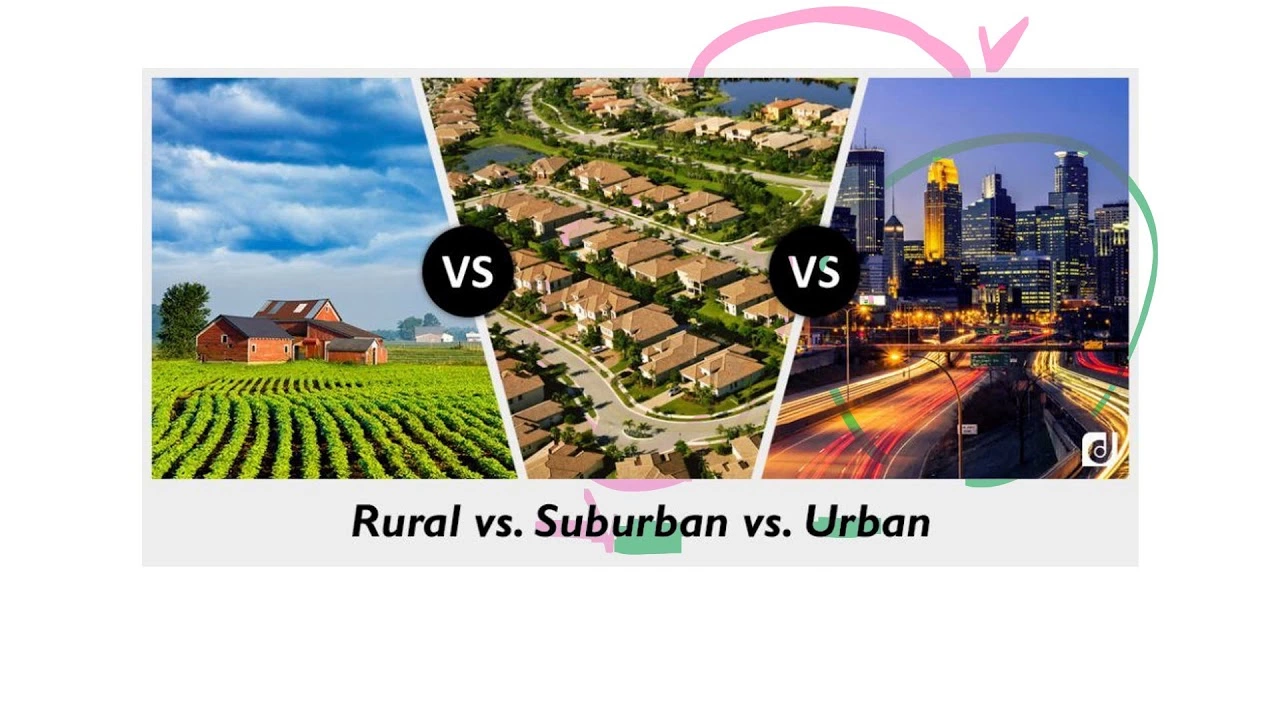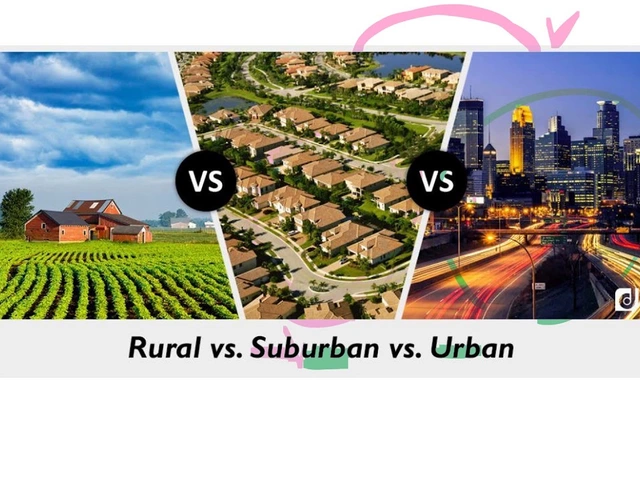How is life in India like compared to developed countries?

Introduction: A Glimpse into Life in India
As someone who has lived in both India and several developed countries, I can tell you that life in India can be a wonderful, vibrant, and unique experience. India, with its rich history, diverse culture, and robust traditions, offers a lifestyle that is vastly different from what one might experience in a developed country. In this article, I will share my personal experiences and observations about life in India compared to that in developed countries.
The Beauty of Diversity: Cultures and Languages
One of the first things that strikes you about India is its rich cultural and linguistic diversity. Each state in India has its own unique language, cuisine, music, dance, and customs. This is in sharp contrast to many developed countries where cultures are more homogenized. For instance, in countries like the USA or the UK, while there are diverse populations, there is a dominant culture that most people adhere to. In India, on the other hand, there is no single 'dominant' culture, making it a fascinating mosaic of traditions and practices.
Infrastructure: Challenges and Opportunities
When it comes to infrastructure, there is certainly a visible gap between India and developed countries. While cities like New York, London, or Tokyo boast of world-class public transport, roads, and utilities, many parts of India still struggle with basic amenities. However, it's not all doom and gloom. Over the past few years, India has made significant strides in improving its infrastructure. Metro systems, highways, and airports have sprouted across the country, transforming the face of urban India.
Education: A Tale of Two Systems
The education system in India is quite different from that in developed countries. While both systems value academic excellence, the approach to education varies. In India, a lot of emphasis is placed on rote learning and high-stakes examinations. In contrast, developed countries often focus on critical thinking, creativity, and holistic development. However, the Indian education system is also evolving with a growing focus on experiential learning and skill development.
Healthcare: Access and Affordability
Healthcare in India, much like many other developing countries, faces issues around accessibility and affordability. While developed countries have robust healthcare systems with universal coverage, India's healthcare system is still evolving. However, India's low-cost healthcare solutions, medical tourism, and advancements in telemedicine are noteworthy and are helping bridge the gap.
The Flavor of Indian Cuisine
Indian cuisine is another aspect where the contrast with developed countries becomes evident. Indian food is rich in flavors, spices, and variety. The diversity in food across different states in India is mind-boggling and something that is not commonly seen in many developed countries. The sheer variety of vegetarian and non-vegetarian dishes, sweets, and street food is unparalleled.
The Work-Life Balance Conundrum
The concept of work-life balance in India is different from developed countries. While there is a growing awareness about the importance of work-life balance in India, many still work long hours and have less leisure time. In contrast, in most developed countries, there is a greater emphasis on work-life balance, with defined working hours and ample vacation time.
The Influence of Religion and Spirituality
Religion and spirituality play a significant role in Indian society and lifestyle. Unlike many developed countries where secularism dominates, in India, religious festivals, rituals, and traditions are integral parts of life. This deep-rooted spirituality colors every aspect of life in India, from food and clothing to festivals and rituals.
Social Hierarchies and the Caste System
The social structure in India is another area of difference. The caste system, although abolished legally, still influences social interactions and relationships. In contrast, developed countries tend to have more egalitarian societies where social status is often linked to economic success.
Conclusion: A Unique Tapestry
Living in India is like being a part of a colorful, chaotic, and charming tapestry. While there are challenges, the rich culture, diversity, and the indomitable spirit of its people make life in India a unique experience. Comparing life in India with that in developed countries is like comparing apples and oranges – they are different, yet each has its own unique flavor and charm.

